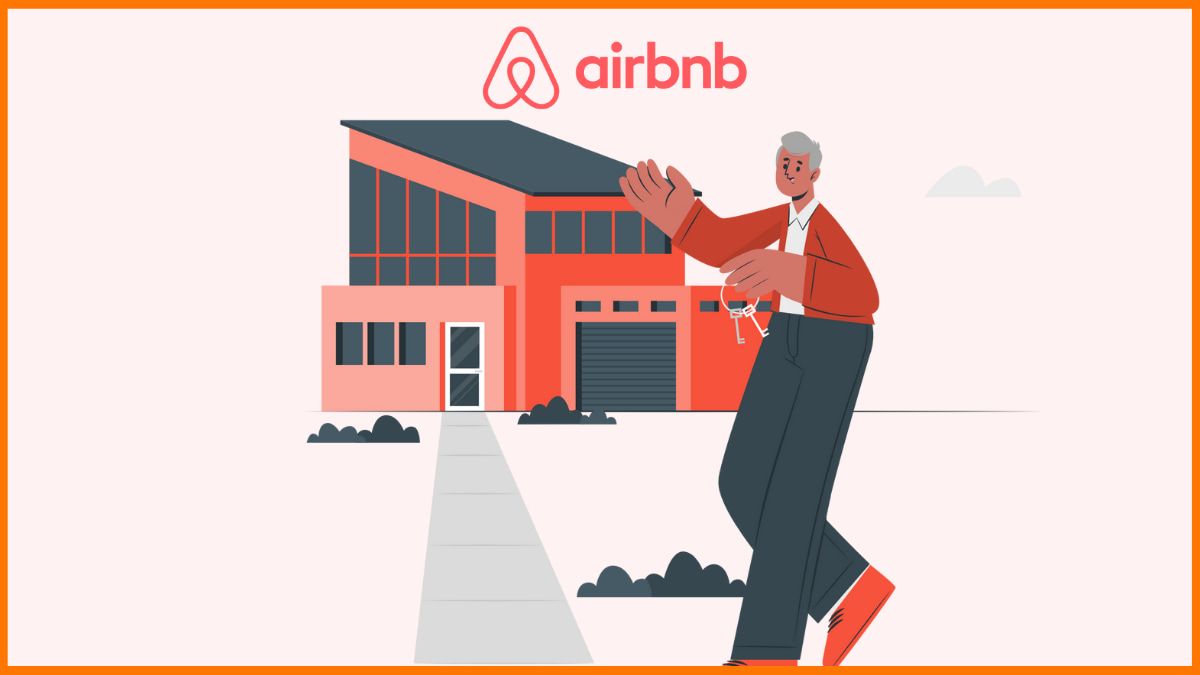Airbnb has revolutionized the hospitality industry by transforming everyday property owners into hosts and creating a global community centered around shared spaces. If you’re wondering how to start a business like Airbnb, you’re looking at tapping into a billion-dollar industry where tech meets real estate, community, and travel.
This guide walks you through every step to launch a website like Airbnb—from concept to launch and beyond.
Table of Contents
- What Is Airbnb and Why Is It Successful?
- Understanding the Airbnb Business Model
- Market Research & Choosing Your Niche
- Legal Requirements & Business Setup
- Key Features of a Rental Website Like Airbnb
- How to Build a Website Like Airbnb
- Tech Stack for Rental Marketplace Development
- Attracting Property Owners and Hosts
- Creating a Great Guest Experience
- Monetization Strategies
- Marketing & Growth Hacking
- Challenges and How to Overcome Them
- Scaling Your Rental Marketplace
- Final Thoughts
1. What Is Airbnb and Why Is It Successful?
Airbnb is a peer-to-peer (P2P) rental marketplace that connects travelers with people who have accommodation to rent. It disrupted the traditional hotel industry by providing:
- Diverse lodging options (apartments, castles, treehouses)
- Competitive pricing
- Authentic local experiences
- A seamless digital platform for booking
Understanding Airbnb’s success is crucial when thinking about how to start a business like Airbnb. It’s not just about listings—it’s about trust, UX, and community.
2. Understanding the Airbnb Business Model
To build a rental website like Airbnb, you need to grasp the dynamics of a two-sided marketplace:
- Hosts list their properties
- Guests search, book, and stay
Revenue comes from:
- Service fees from guests (usually 6-12%)
- Commission from hosts (around 3-5%)
- Premium listings and ads
The key value lies in:
- User experience
- Reliable reviews
- Secure payments
- Scalable tech
3. Market Research & Choosing Your Niche
The sharing economy is massive—but also competitive. Focused market research helps you identify gaps and choose a viable niche:
- Luxury vacation homes
- Business travel rentals
- Student housing
- Pet-friendly or eco-friendly stays
- Unique stays (tiny houses, yurts, boats)
A niche helps your rental marketplace development stand out in its early stages.
4. Legal Requirements & Business Setup
Before you launch your website like Airbnb, make sure everything is legally sound.
a. Register Your Business
- Choose a name and domain
- Set up an LLC or corporation
- Get an EIN and register for taxes
b. Legal Compliance
- Check local short-term rental laws
- Draft clear Terms of Service and Privacy Policy
- Create legal agreements between hosts and guests
c. Insurance & Risk Management
- Offer host protection insurance or partner with providers
- Handle liability disclaimers properly
5. Key Features of a Rental Website Like Airbnb
Your site must serve three user roles: Admin, Host, and Guest. Let’s look at essential features for each:
a. Guest Features
- Account creation and profile
- Property search and filters
- Secure booking and payment
- Review and rating system
- Messaging system
- Trip history
b. Host Features
- List a property (photos, pricing, availability)
- Calendar sync and booking management
- Guest communication
- Earnings dashboard
- ID verification
c. Admin Features
- User and listing moderation
- Commission and fee management
- Analytics and reporting
- Dispute resolution system
- Content management
All these are essential when planning how to build a website like Airbnb.

6. How to Build a Website Like Airbnb
There are three main paths you can take for rental marketplace development:
a. Custom Development (Best for Long-Term)
- Full flexibility and scalability
- Unique design and features
- Higher upfront cost and longer development time
b. White-Label or Clone Solutions
- Quicker time-to-market
- Lower cost
- Limited customization
- Examples: Rentlio, ShareTribe, Apphitect
c. No-Code Builders (Good for MVP)
- Tools like Bubble, Webflow + Memberstack, and Tilda
- Ideal for testing and prototyping
- Not ideal for scaling
Choose based on your budget, time, and technical skill level.
7. Tech Stack for Rental Marketplace Development
If you’re going custom, here’s a typical tech stack to build a robust website like Airbnb:
- Frontend: React.js, Vue.js
- Backend: Node.js, Ruby on Rails, Django
- Database: PostgreSQL, MongoDB
- Cloud Hosting: AWS, Heroku, Google Cloud
- APIs: Stripe (payments), Twilio (SMS), Google Maps (location)
- Security: OAuth, 2FA, SSL, data encryption
Scalability, speed, and security should be core priorities.
8. Attracting Property Owners and Hosts
You can’t build a marketplace without supply. Here’s how to get your first hosts:
- Direct outreach to property managers and Airbnb hosts
- Referral bonuses for new listings
- Zero-fee early adopter programs
- Local partnerships with realtors or rental agencies
Create onboarding materials to guide hosts through listing their properties with ease.
9. Creating a Great Guest Experience
First impressions count. Focus on:
- High-quality photos and detailed listings
- User-friendly booking process
- Transparent pricing
- Responsive customer support
- Trust features (verified hosts, reviews, safety tips)
A rental website like Airbnb must foster trust and clarity to keep users coming back.
10. Monetization Strategies
Once traffic and listings grow, you can begin generating revenue in several ways:
- Booking commissions (from hosts or guests)
- Premium listings and promotional packages
- Subscription plans for hosts
- Partnered services (cleaning, travel insurance, car rentals)
- Advert placements (cautiously)
A mix of monetization methods ensures long-term profitability.
11. Marketing & Growth Hacking
You’ve built your rental website like Airbnb—now get users.
a. Pre-Launch Hype
- Launch on Product Hunt or IndieHackers
- Email signups with early access perks
- Use platforms like BetaList to get early adopters
b. Marketing Tactics
- SEO for rental search terms
- Paid ads on Google, Instagram, Facebook
- Content marketing: blogs, videos, and travel guides
- Influencer collaborations (travel bloggers, local guides)
c. Retention Tools
- Loyalty programs for frequent travelers
- Push/email notifications for offers
- Personalized recommendations
12. Challenges and How to Overcome Them
a. Cold Start Problem
- Solution: Focus on one city or niche to build liquidity fast.
b. Trust & Safety Concerns
- Solution: Mandatory ID verification, review systems, and support line.
c. Technical Bugs
- Solution: Prioritize QA and have a robust bug reporting mechanism.
d. Regulatory Pressure
- Solution: Work with local governments; educate hosts about regulations.
13. Scaling Your Rental Marketplace
Once your MVP is working well in one market, you can:
- Expand to other cities or countries
- Add mobile apps for iOS and Android
- Introduce experiences, tours, or activities (like Airbnb Experiences)
- Partner with travel companies, airlines, and hotels
- Improve personalization with AI and machine learning
Also consider localizing your site for different regions, including translations, local currencies, and cultural customizations.
14. Final Thoughts
Building a website like Airbnb isn’t just about cloning features—it’s about creating a trusted, high-functioning ecosystem that connects hosts and guests seamlessly.
If you’re serious about how to start a business like Airbnb, focus on:
- Solving real problems for travelers and property owners
- Building trust with secure systems and great UX
- Starting small, then scaling with purpose
Whether you’re focusing on one city, a unique rental niche, or aiming for global reach, the demand for alternative accommodations and peer-to-peer experiences continues to grow. With thoughtful planning and execution, your rental website like Airbnb can carve its place in this booming market.

